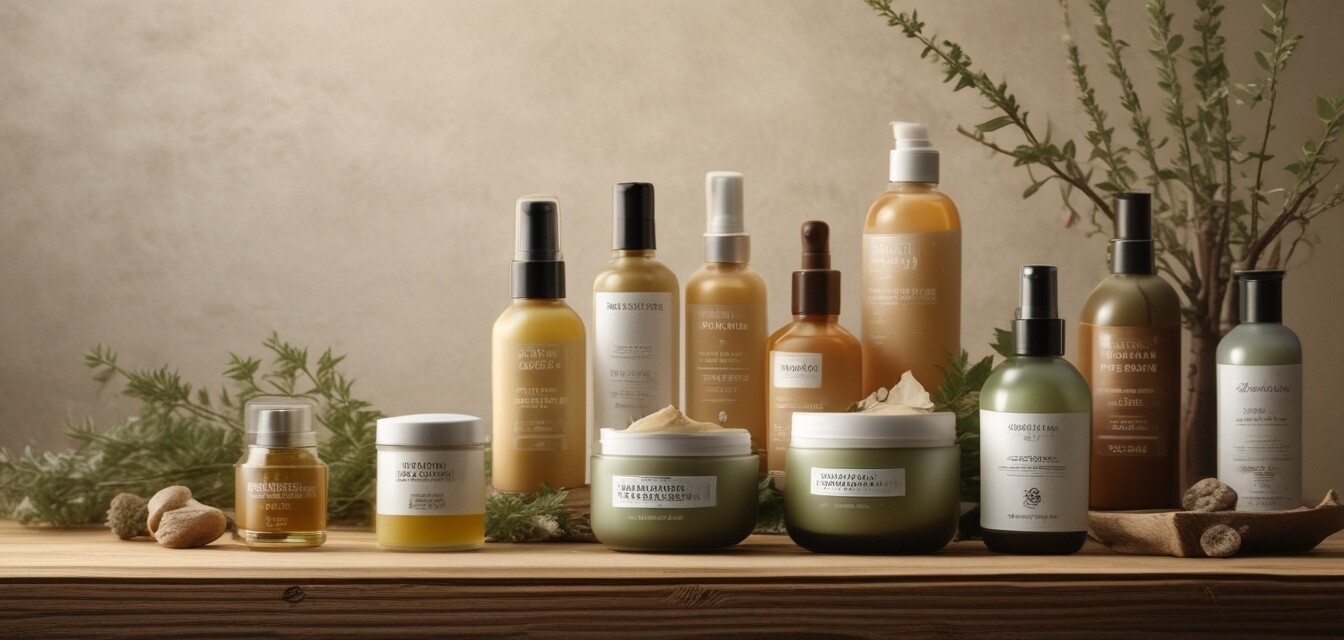
Balancing Oily Skin: Effective Organic Solutions
Key Takeaways
- Understanding oily skin can help tailor your skincare routine.
- Organic ingredients help regulate oil production without harsh chemicals.
- Establishing a balanced skincare routine is crucial for maintaining clear skin.
- Always patch-test new products to avoid adverse reactions.
Oily skin can be a challenge, but it doesn't have to dominate your skincare routine. By focusing on organic products, you can find effective solutions that manage oil production naturally while keeping your skin vibrant and healthy. Here, we will cover various tips, products, and techniques to help you balance oily skin effectively.
Understanding Oily Skin
Before diving into solutions, it is essential to understand why your skin produces excess oil. Oily skin occurs when sebaceous glands become overactive, often influenced by factors such as genetics, humidity, and hormone levels. Organic skincare products are excellent for balancing these oils as they often contain natural ingredients that regulate sebum production.
Daily Skincare Routine for Oily Skin
Establishing a daily skincare routine is important for managing oily skin effectively. Here's a suggested routine:
| Step | Time of Day | Recommended Action |
|---|---|---|
| Cleanser | Morning & Night | Use a gentle organic cleanser to remove excess oil. |
| Toner | Morning & Night | Apply an alcohol-free toner to refine pores. |
| Moisturizer | Morning | Use a light, organic moisturizer to hydrate without clogging pores. |
| Serum | Night | Incorporate a targeted organic serum to manage oil production. |
| Exfoliant | 2-3 times a week | Use a natural exfoliant to remove dead skin cells. |
Choosing the Right Products
When it comes to selecting organic products, look for ingredients that are known for balancing oily skin. Here are some beneficial components:
- Tea Tree Oil: Known for its natural antibacterial properties.
- Witch Hazel: A natural astringent that helps tighten pores.
- Green Tea Extract: Offers antioxidant benefits and aids in oil control.
- Jojoba Oil: Mimics skin's natural oils and helps balance oil production.
- Aloe Vera: Provides soothing relief and hydration without excess oil.
Additional Tips for Managing Oily Skin
To further enhance your oily skin management, consider these additional tips:
Tips for Beginners
- Stay hydrated to help your skin maintain a healthy balance.
- Avoid heavy makeup that may exacerbate oiliness; opt for light formulas.
- Regularly wash your pillowcases and towels to avoid excess oil transfer.
- Be mindful of your diet; limit sugary and greasy foods.
- Use blotting papers throughout the day to control shine without stripping moisture.
Conclusion
Balancing oily skin requires consistency and the right choice of organic products tailored to your skin’s needs. Remember to adapt your routine to suit individual preferences and always listen to your skin's response. If you're ready to enhance your skincare game, check out our guides on organic skincare buying guides and latest trends in organic skincare.
Pros
- Natural ingredients are gentler on the skin.
- Regulates oil production effectively.
- Reduces dependence on harsh chemicals.
- Provides nourishment alongside oil control.
Cons
- Some may require time to see results.
- Organic products can sometimes be more expensive.
- Individual reactions may vary; patch testing is essential.
With patience and commitment to a personalized organic skincare routine, you can achieve beautifully balanced skin. Always remember that every skin type is unique, and what works for one may not work for another. Establish your goals, and embrace the journey towards your natural glow!


